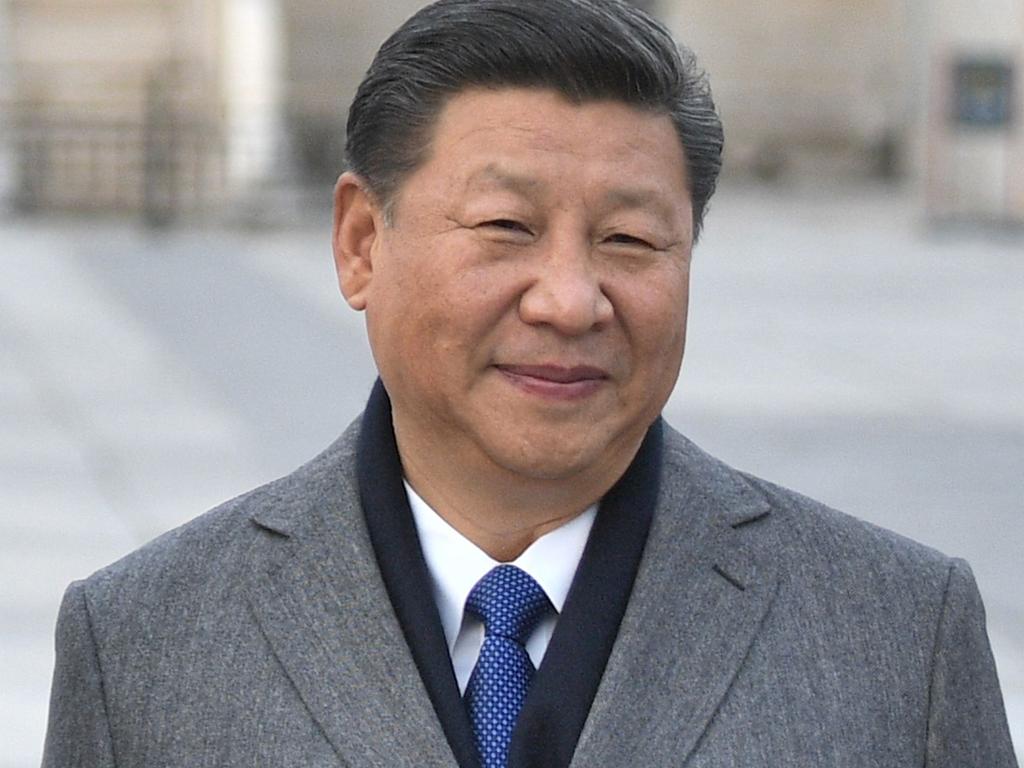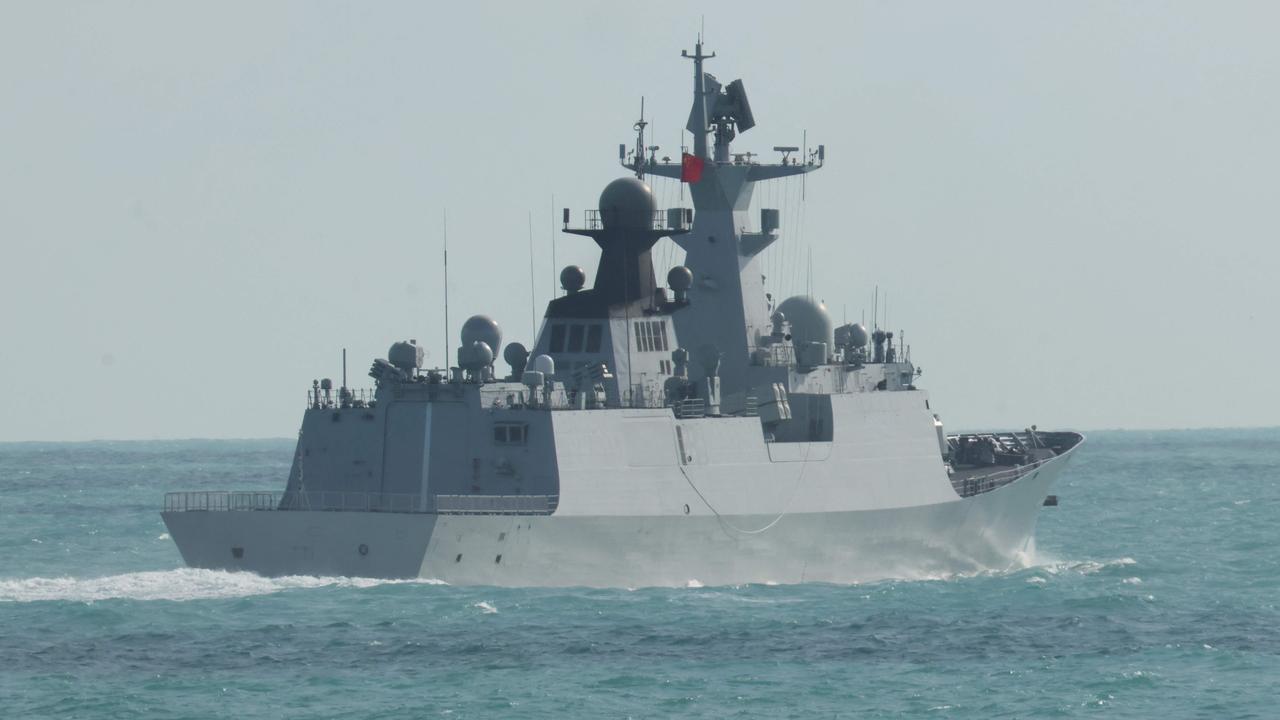CSIRO sinks China study deal over submarine fears
An oceans research collaboration with China will be axed after an ASIO warning it could help its navy hunt Australian submarines.
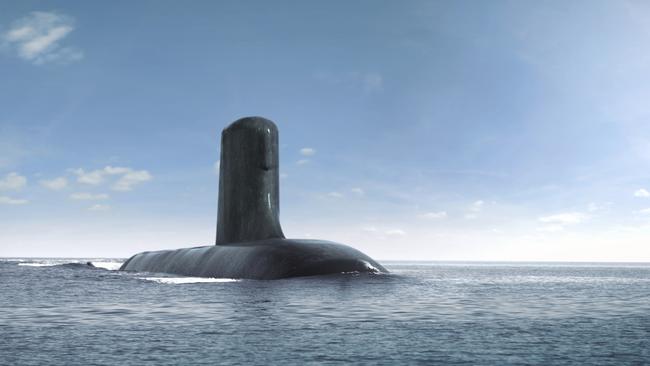
The CSIRO will terminate an oceans research collaboration with China’s top marine science institute following an ASIO warning that it could help the Chinese navy to hunt down Australian submarines.
Staff at the Hobart-based Centre for Southern Hemisphere Oceans Research were told on Friday that a five-year research agreement with the Qingdao National Marine Laboratory – which has strong military links – would not be renewed when it expired in June next year.
The move came just over a fortnight after director-general of security Mike Burgess called on research organisations to reconsider ocean temperature modelling partnerships with foreign scientists, warning they could be used to support submarine operations against Australia.
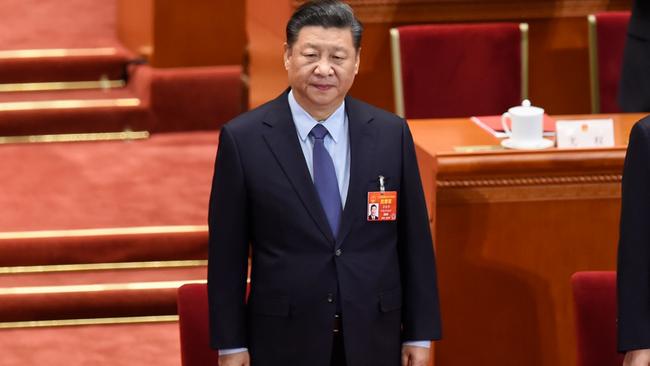
CSIRO chief research scientist Cai Wenju, who is also a professor at the Qingdao lab, headed the $20m joint centre, which included researchers from the University of Tasmania and the University of NSW.
Dr Cai is named in multiple Chinese-language reports as being part of Xi Jinping’s Thousand Talents program, and a similar Chinese government scheme known as Aoshan Talents.
The Qingdao National Marine Laboratory leads China’s “Transparent Ocean” initiative, which aims to use satellite-mounted technology to pinpoint submarines at depths up to 500m.
According to the Australian Strategic Policy Institute’s China Defence Universities Tracker, the laboratory has worked closely with the People’s Liberation Army Navy (PLAN) Submarine Academy – which is also located in Qingdao – on defence scientific research.
The CSIRO told its Chinese partner on Thursday afternoon the collaboration would be cancelled before telling the centre’s staff on Friday morning.
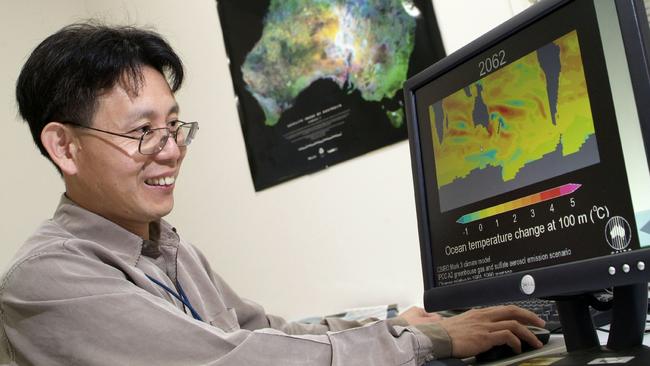
“I’m writing to let you know that CSIRO has decided not to continue the Centre for Southern Hemisphere Ocean Research after its first five-year term ends in June 2022,” CSIRO’s climate science director Jaclyn Brown told staff via email.
Dr Brown told the centre’s staff they would be redeployed to other climate programs.
“While we will no longer be doing joint research from June 2022, we are very grateful to Qingdao National Marine Laboratory for their confidence in and generous collaboration with CSIRO,” she said.
The scientific collaboration was said by the CSIRO to have conducted fundamental research on the role of southern hemisphere oceans in the changing global climate.
Mr Burgess told Senate Estimates last month that such research was “also great if you’re a submariner”.
He said it could provide adversaries with information on Australia’s territorial waters, as well as “straight-up capability”.
“If we’ve got a lead on something, and there are some capability considerations, someone should probably think about that,” Mr Burgess said.
Under President Xi’s doctrine of “civil-military fusion”, the Qingdao National Marine Laboratory would have been obliged to make data obtained under the partnership available for Chinese military use.
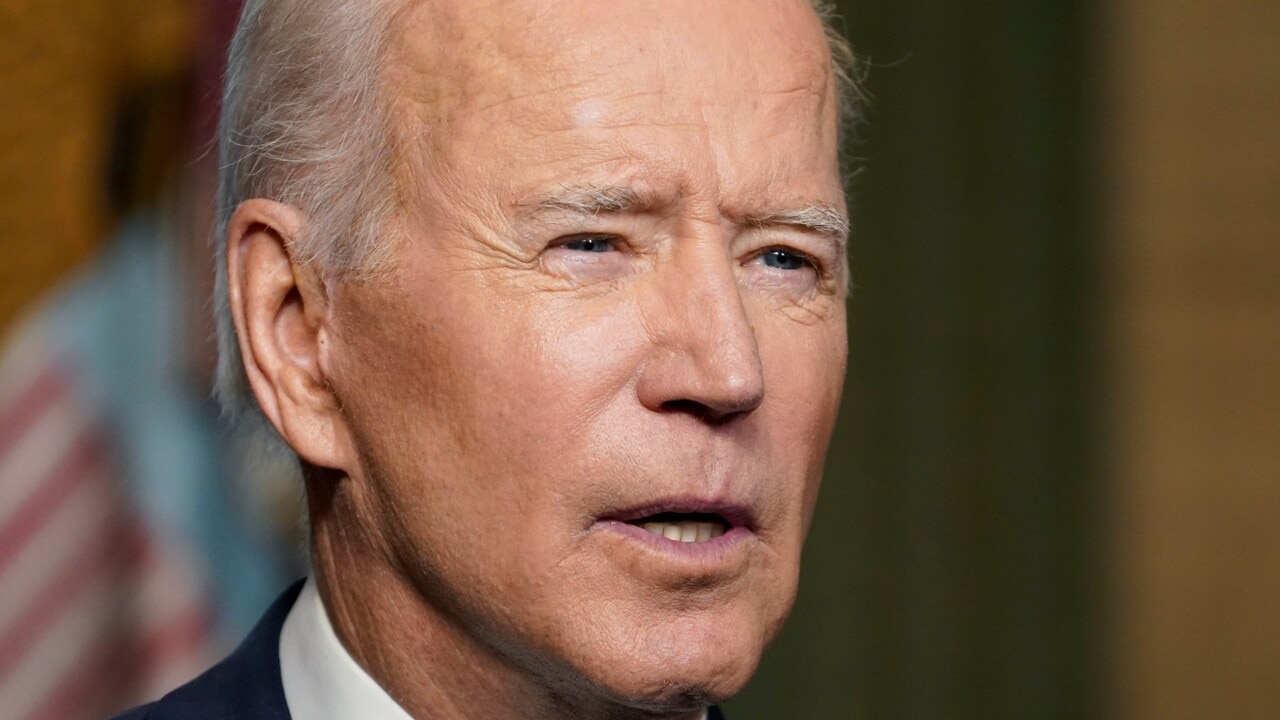
A CSIRO spokeswoman said the decision not to continue the partnership was “informed by science strategy and the need for CSIRO to balance its portfolio of research”.
She said CSIRO collaborated extensively with overseas partners “and has processes in place to evaluate these issues before research projects are agreed to”.
“CSIRO continues to be highly cognisant of issues regarding foreign interference and has strong security arrangements and systems in place to address the associated risks,” she said.
The spokeswoman said Dr Cai was not a Thousand Talents scholar, and his only paid work was as a CSIRO employee.
The Australian revealed security concerns about the collaboration in February 2020, highlighting the Qingdao laboratory’s attempts to use satellite-mounted light detection and ranging technology to pinpoint submarines at depths up to 500m.
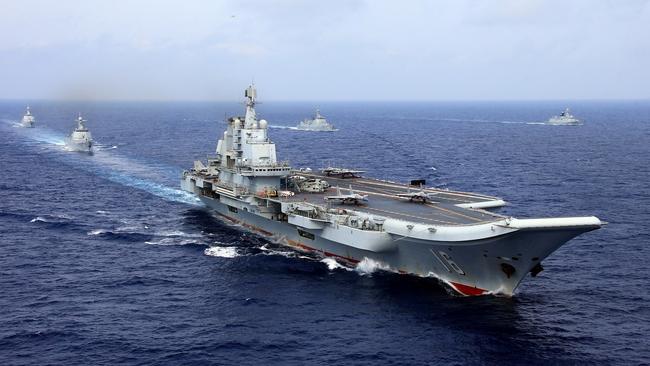
The lab also undertakes research with Russia in the Arctic Circle, and is known for its analysis of big data – from satellite sensors, underwater drones and “intelligent buoys” – to enable real-time understanding of the marine environment.
ASPI senior analyst Malcolm Davis said ocean current, depth and temperature data was vital information for detecting enemy submarines.
“If you can understand the oceanic conditions of a particular area, if you can interpret the way that the temperature in the ocean is behaving, you can develop better anti-submarine warfare capabilities,” Dr Davis told The Australian.
“Of course you can do some valuable work on defeating climate change, but really what you are doing is developing better ASW so they can sink Australian submarines.”
The Morrison government is cracking down on foreign interference in Australian research institutions, with a new list being developed by the Prime Minister’s department identifying critical technologies and research areas that will be off-limits for foreign collaborations.



